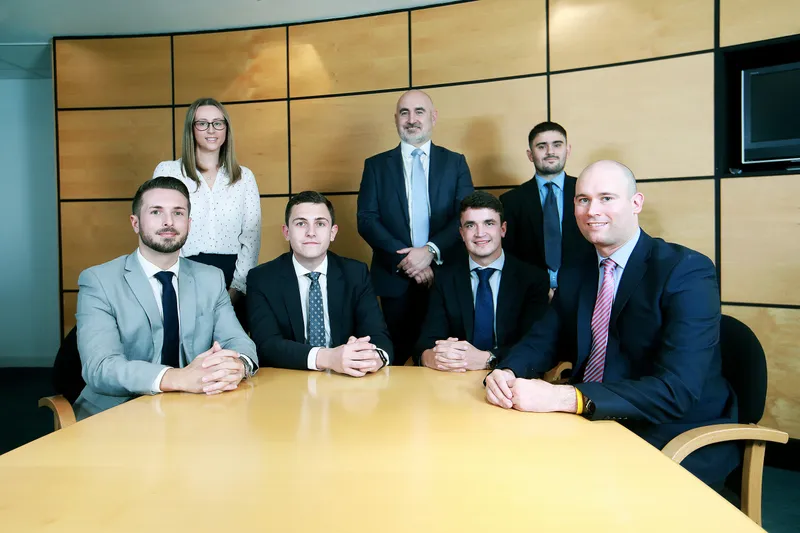As we open up applications for next years’ graduate programme, we are turning our attention to those who have been there before. In the next ‘DSG Spotlight’ blog, Alex Nolan, Corporate Business Advisor at DSG, looks back at his first year as a DSG graduate, and what this year’s cohort can expect from their first year.
After graduating from Sheffield Hallam University in 2018, I was looking for somewhere to gain my chartered accountancy qualifications. Having studied business and financial management at university, I was excited to put the skills I had learnt into practice in the real world. DSG has a great reputation locally as an employer that strongly supports learning and development and has a good range of clients to work with, so it was the obvious choice for me. While I knew a little about the industry, joining DSG as a graduate gave me a real sense of responsibility and pushed me to learn extremely quickly.
These are the top five tips I would give to anyone applying to DSG, or starting out in their accounting career:
1. Manage your time
Understanding how to balance full-time working life after university can be a steep learning curve. Make sure you take the time to understand your priorities, not just in managing your professional workload, but also making time to study for professional exams, while keeping up hobbies and personal commitments.
2. Ask questions
It can be really easy to feel embarrassed when you don’t know something, but you’ll quickly learn that no one expects you to be an expert straight away. If you’re stuck, have any problems, or feel like you’d benefit from talking something through with someone, there is always a DSG team member around happy to support you, and to help you reach a solution.
3. Develop your commercial awareness
Taking the time to develop a deep understanding of your clients’ business and the industries they operate in will really help you build relationships and deliver quality work. Again, you don’t have to be an expert, but it will certainly help you gain a better insight into what you are doing, and the impact it is having.
4. Be proactive and take initiative
Work won’t always be handed to you, sometimes you have to go out and look for it. Once you have finished a task or a piece of work, always ask “what can I do next?”. This could be looking for the next task to complete or tidying up and checking the work you have already completed. Your peers will really appreciate your hard work, and you will quickly learn how to be more independent.
5. Communication is key
Interpersonal skills are really important, both with your colleagues and your clients. You’ll be engaging with a huge range of people throughout the working week, and when you have strong working relationships with these people, you’ll be able to produce better work for and with them.
Applications are now open for DSG’s Graduate Programme. If you can demonstrate leadership, problem-solving, co-operation and a ‘can-do attitude’, we’d love to hear from you.
To apply, please send your CV and a short cover letter before 25 September to applications@dsg.uk.com


